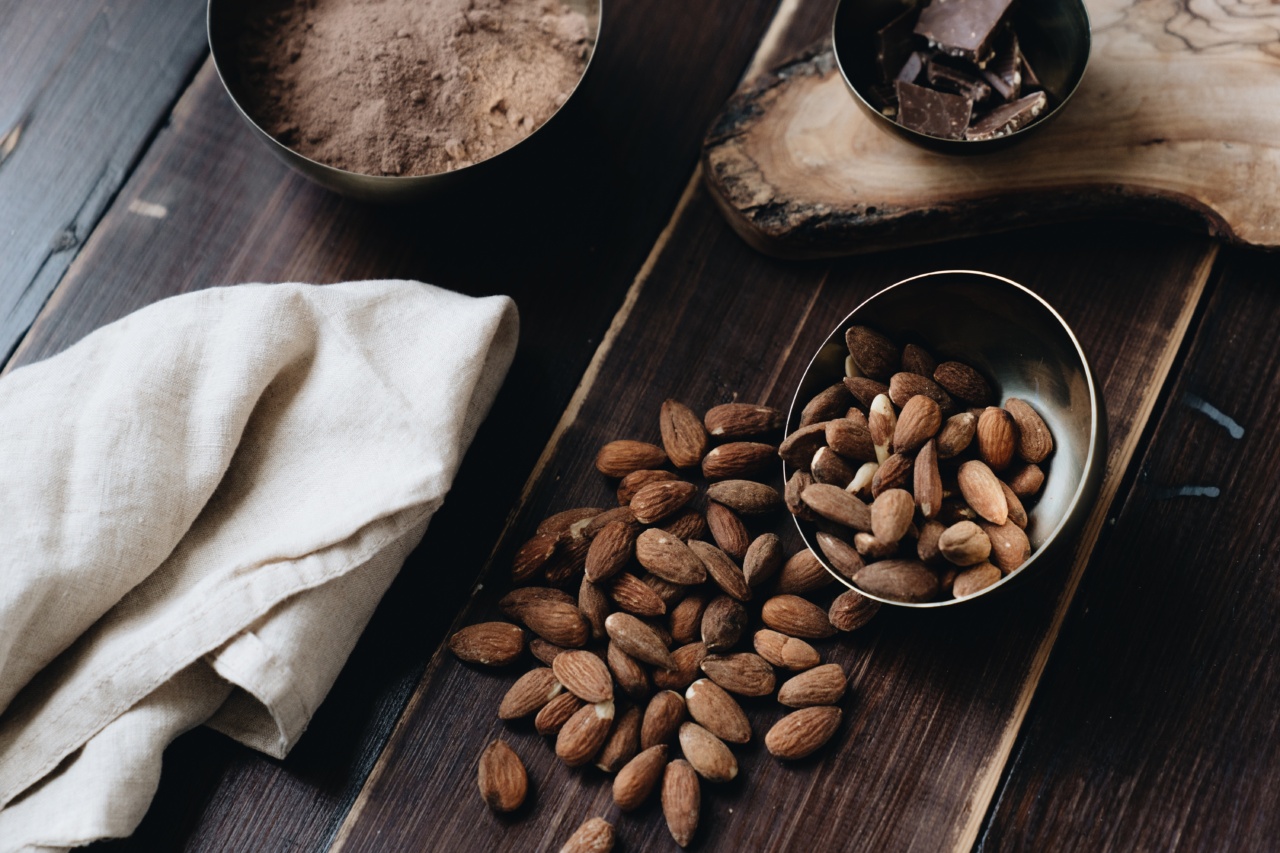Dark chocolate is more than just a tasty treat. It is also a nutrition powerhouse that is chock-full of antioxidants, flavonoids, and other beneficial compounds that can help promote cardiovascular health.
Research has shown that consuming dark chocolate can lower blood pressure, improve blood flow, reduce inflammation, and lower the risk of heart disease and stroke. If you’re looking for a delicious way to improve your heart health, dark chocolate could be the perfect solution.
The Health Benefits of Dark Chocolate
Dark chocolate is made from cocoa beans, which are among the richest sources of antioxidants in the world.
Antioxidants are important because they help neutralize the damaging effects of free radicals, which are unstable molecules that can cause damage to cells and tissues. In addition to antioxidants, dark chocolate also contains flavonoids, which are plant compounds that have been shown to have a variety of health benefits.
Some of the key health benefits of dark chocolate include:.
Lower blood pressure
Dark chocolate has been shown to help reduce blood pressure, which is a major risk factor for heart disease and stroke. One study found that consuming just 30 calories of dark chocolate a day was enough to produce a small reduction in blood pressure.
Another study found that consuming dark chocolate for two weeks can significantly lower blood pressure in people with hypertension.
Improve blood flow
The flavonoids found in dark chocolate can help improve blood flow by relaxing blood vessels and reducing inflammation. This can help improve circulation and reduce the risk of heart disease and stroke.
One study found that consuming dark chocolate for two weeks resulted in significant improvements in blood flow in the legs.
Reduce inflammation
Inflammation is a major contributor to the development of heart disease, and dark chocolate has been shown to help reduce inflammation in the body.
One study found that consuming dark chocolate for two weeks significantly reduced levels of inflammation markers in the blood.
Lower cholesterol
High cholesterol is a major risk factor for heart disease, and dark chocolate has been shown to help lower cholesterol levels in the blood.
One study found that consuming dark chocolate for two weeks resulted in significant reductions in LDL (bad) cholesterol and increases in HDL (good) cholesterol.
Lower the risk of heart disease and stroke
Because of its ability to improve blood pressure, blood flow, and inflammation, dark chocolate has been shown to help lower the risk of heart disease and stroke.
In fact, studies have found that consuming dark chocolate on a regular basis can reduce the risk of heart disease by as much as 50%. It is important to note, however, that this does not mean you should eat unlimited amounts of dark chocolate; moderation is key.
Choosing the Right Dark Chocolate
Not all dark chocolate is created equal. In order to get the maximum health benefits, it is important to choose high-quality dark chocolate that is made from at least 70% cocoa solids.
Many commercial brands of chocolate contain added sugar and other ingredients, which can negate the health benefits of the cocoa. Look for chocolate that is labeled “organic” and “fair trade,” as these products are typically produced in a more environmentally and socially responsible manner.
How Much Dark Chocolate Should You Eat?
While dark chocolate can be a healthy addition to your diet, it is important to consume it in moderation. Most experts recommend consuming no more than 1-2 ounces of dark chocolate per day.
This is enough to get the health benefits without overloading your diet with excess calories, sugar, and fat.
The Bottom Line
Dark chocolate is a delicious and nutritious food that can help promote cardiovascular health. Its high levels of antioxidants, flavonoids, and other beneficial compounds make it a powerful ally in the fight against heart disease and stroke.
By choosing high-quality dark chocolate and consuming it in moderation, you can enjoy the taste and health benefits of this amazing food.



























